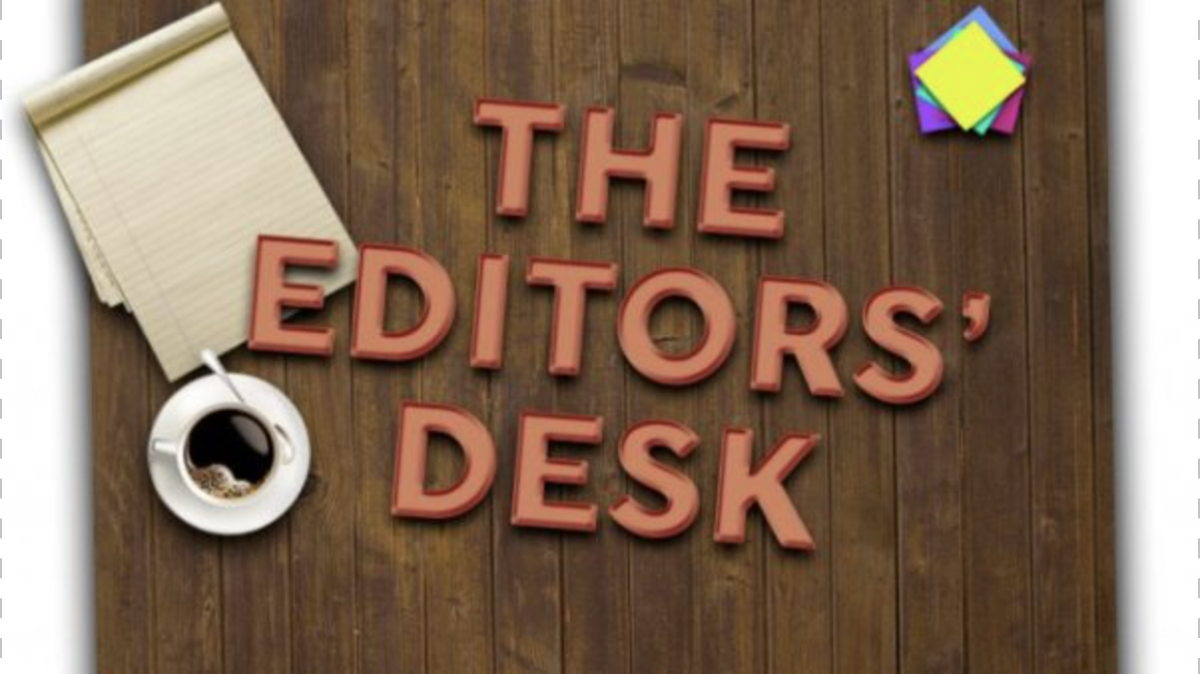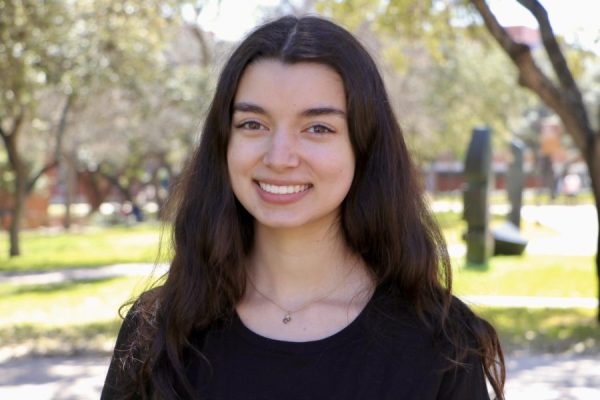I’ve never been good at saying “I love you.” To be honest, I don’t really know why. It’s gonna sound sad, but I think it dates back to when I was a kid, trying desperately to fit in. Far too often and for far too long, I let others determine what made me lovable, and because of that, love has always felt kind of conditional for me.
I think love is very easily conflated with social acceptance. We all want to feel like we belong somewhere, like we have a place made for us — and oftentimes, that place is embodied as a person or soulmate. They are a source of unconditional love and acceptance, ideally.
However, the people we seek love from don’t always provide it unconditionally, whether they’re romantic partners or friends you’ve known for years. Oftentimes, there is the compulsion to change ourselves for others in order to be more appealing in their eyes, or more worthy of their love. This isn’t to say that love is without compromise in the first place, but there is certainly a limit to what is reasonable.
All throughout my pre-college school years, I struggled to fit in anywhere (because I may or may not have been a loser). I was willing to change so much about myself just to be seen by others, downplaying my intelligence and trying to excel in athletics instead (I was terrible). But this didn’t bring me any additional love or acceptance — it only made me hate myself more for not fitting in.
Obviously, the people I was trying so hard to be friends with were not genuine enough to be friends with in the first place. I didn’t know that then. I shouldn’t have had to change just to make myself more likable by their standards, and yet my craving for connection — one that I think we all have — blinded me to the reality that conditional love isn’t really love at all.
My aversion to “I love you” stems from this. I felt that the people who said this to me were expressing their love for the person I changed myself to be, not the person I truly was. And saying “I love you” back to them was only encouraging them to keep viewing me that way.
Even in times where I was more unapologetically myself, people judged me for it, which then prompted a tradeoff: feeling lost yet acknowledged, or happy and alone.
Of course, love is not meant to be conditional most of the time. Most of us feel love for our family members or our closest friends for the roles they play in our lives. They’re there as support, as guidance, as pick-me-ups and more. That’s love — being there for your people when they need it most, just as they will be for you.
I’m lucky enough to have found some of my people in life, friends that I know value me for who I am rather than who they want me to be. But it’s hard breaking away from the expectation that I’ll be taken advantage of by those closest to me. So, sometimes, I make it hard for new people to come into my life. I require them to express interest so I know it’s safe to let my guard down … a little bit.
But again, this isn’t what love should look like, romantically or platonically. Love is total acceptance, of both yourself and other people you let into your life. It requires you to acknowledge your fears of vulnerability and loss, and to overcome them. At least that’s what I think. Love transcends fear in all regards, especially the fear of not being enough.
Unlearning my internalization of conditional love has been hard. It’s required me to find comfort in myself more than other people at times in order to negate the need for external validation. But I’m getting better. As minimal as it may seem, I believe people when they tell me I’m important to them. Saying “I love you” is getting easier, day by day, because I’m starting to mean it.


